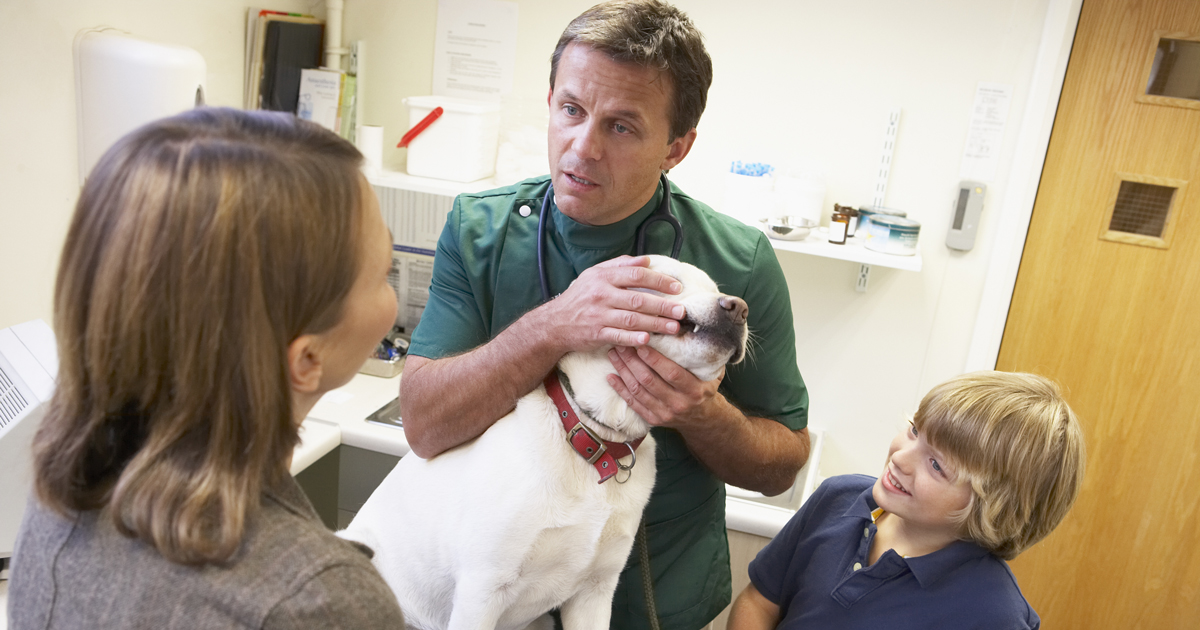As a private sector service, veterinary – despite many businesses being under corporate ownership – still varies widely from practice to practice. This includes, of course, the omnipotent “rota”.
The hours a vet would be expected to work are completely dependent on the practice – and often the individual, too. With part-time work and job shares, a large variation in hours worked by vets could exist – even within the same practice.
Time trial
Perpetual Guardian, a financial services company in New Zealand, trialled a four-day working week in 2019, monitored by The University of Auckland and Auckland University of Technology. The results were very positive, reporting a 20% increase in staff productivity in the four days worked each week – therefore, no reduction in work done overall.
Globally, we hear of other companies making the move to four-day weeks, such as Microsoft trialling the same idea in Japan, and also seeing good results.
Concept
The idea of the four-day working week is to pay a full-time salary for less than full-time hours to maximise productivity during the days worked.
Of course, this would be difficult to apply to veterinary as there are only so many appointments a vet can physically see within working hours, or so many bitch spays even the quickest and most skilled of surgeons can achieve in one morning (contrary to what some receptionists may believe).

Already a thing?
Many veterinary practices already adopt a four-day working week as standard for full-time vets. However, the four days often still make up full-time hours – be that through working 10-hour days or using the “day off” as lieu for on-call duties.
However, this does not take the unpredictable nature of our work into consideration.
Very few of us will adhere strictly to the hours we are supposed to work on paper – be that due to the 7 o’clock emergency, Friday night pyo or simply absurd concept that some practices have of booking the last appointment for the stated closing time of the practice, making it impossible to ever finish on time.
Standard expectations
I suspect you would be hard pushed to find a veterinary job in general first opinion practice paying a full-time salary that comprises four eight-hour days with no out-of-hours or weekend work.
Most of us expect to have to work some weekends or participate in the OOH rota – it comes with the job – but the inadvertent late finishes or missed lunches would be so much easier to stomach if the overall working hours were reduced.
The four-day working week may not be able to increase our productivity as such, but it’s very likely to improve our well-being, therefore making us more likely to stay within a particular job or practice, or even in the profession as a whole.
Obvious benefits
The trial at Perpetual Guardian reported significant increases in work-life balance, commitment and stimulation, while reducing staff stress levels. Of my friends working across different practices, those with four-day weeks, or less hours in total, definitely maintain a better work-life balance, and those who have moved from a five or four-and-a-half to a four-day week reported a significant improvement to their general well-being.
With the retention crisis painfully evident, as a profession, we need to consider initiatives such as these to maximise the desire of vets to remain practising.
Decide to be happy
And vets should vote with their feet, too – don’t accept a job with crappy hours just because that’s the way it’s always been.
Recruiters are desperate; the ball is in the jobseekers’ court, so haggle over your hours, pay – indeed, anything that is likely to impact on your work-life balance and general happiness.

Leave a Reply